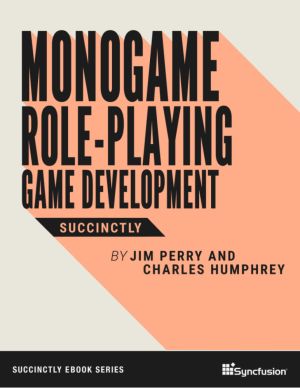
Carried by a long-awaited wind, the chlorine cloud passed within a few minutes through the British and French trenches, leaving behind at least 1,000 dead and 4,000 injured. This chemical attack, which amounted to the first use of a weapon of mass destruction, marks a turning point in world history. The preparation as well as the execution of the g...

This open book provides a valuable restatement of the current law of armed conflict regarding hostilities in a diverse range of contexts: outer space, cyber operations, remote and autonomous weapons, undersea systems and devices, submarine cables, civilians participating in unmanned operations, military objectives by nature, civilian airliners, des...

This book examines key aspects of international cooperation to enhance nuclear safety, security, safeguards, and non-proliferation, thereby assisting in development and maintenance of the verification regime and fostering progress toward a nuclear weapon-free world. The book opens by addressing important political, institutional, and legal dimensio...

This book examines key aspects of international cooperation to enhance nuclear safety, security, safeguards, and nonproliferation, thereby assisting in development and maintenance of the verification regime and fostering progress toward a nuclear weapon-free world. Current challenges are discussed and attempts made to identify possible solutions an...

Do alliances curb efforts by states to develop nuclear weapons? Atomic Assurance looks at what makes alliances sufficiently credible to prevent nuclear proliferation; how alliances can break down and so encourage nuclear proliferation; and whether security guarantors like the United States can use alliance ties to end the nuclear efforts of their a...

This open volume surveys the state of the field to examine whether a fifth wave of deterrence theory is emerging. Bringing together insights from world-leading experts from three continents, the volume identifies the most pressing strategic challenges, frames theoretical concepts, and describes new strategies.
The use and utility of deterrence in...

This open book introduces the reader to the foundations of AI and ethics. It discusses issues of trust, responsibility, liability, privacy and risk. It focuses on the interaction between people and the AI systems and Robotics they use. Designed to be accessible for a broad audience, reading this book does not require prerequisite technical, legal o...

This timely book addresses the conflict between globalism and nationalism. It provides a liberal communitarian response to the rise of populism occurring in many democracies. The book highlights the role of communities next to that of the state and the market. It spells out the policy implications of liberal communitarianism for privacy, freedom o...

It explores the diverse phenomena which are challenging the international law of the sea today, using the unique perspective of a simultaneous analysis of the national, individual and common interests at stake. This perspective, which all the contributors bear in mind when treating their own topic, also constitutes a useful element in the effort to...

If you've ever written a non-trivial JavaScript application, you know that creating a code base that's easy to maintain and scales well over time is no small feat. The complexity only grows as the project becomes larger. While it's impossible to plan for every change that could possibly happen over the life of a project, you can help...

In Protecting SQL Server Data, John Magnabosco demonstrates how sensitive data, stored in SQL Server, can be protected using an efficient and maintainable encryption-based data architecture.
He explains how to assess and categorize data elements according to sensitivity, regulate access to the various categories of data using database roles, vie...

In this truly unique technical book, today's leading software architects present valuable principles on key development issues that go way beyond technology. More than four dozen architects - including Neal Ford, Michael Nygard, and Bill de hOra - offer advice for communicating with stakeholders, eliminating complexity, empowering developers, ...

Are games worthy of academic attention? Can they be used effectively in the classroom, in the research laboratory, as an innovative design tool, as a persuasive political weapon? Game Mods: Design Theory and Criticism aims to answer these and more questions. It features chapters by authors chosen from around the world, representing fields as divers...

This open book examines recent advances in how artificial intelligence (AI) and robotics have elicited widespread debate over their benefits and drawbacks for humanity. The emergent technologies have for instance implications within medicine and health care, employment, transport, manufacturing, agriculture, and armed conflict. While there has been...

For MonoGame developers looking to build their own role-playing game, this ebook is an essential guide. Authors Jim Perry and Charles Humphrey break down design complexities into smaller topics that are easy to think through to help you produce a working game. Learn how to animate sprites, construct conversation trees, build multilevel maps, manage...
